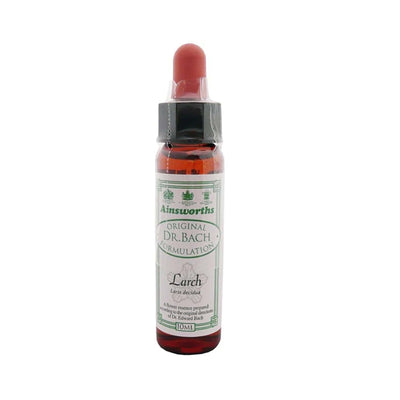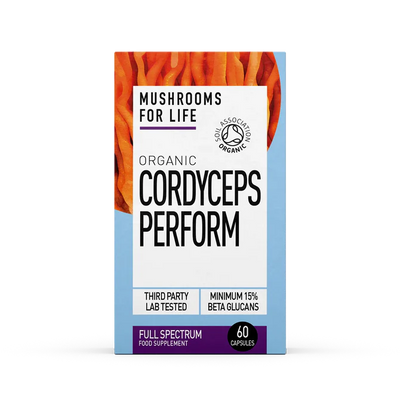Anti-inflammatories: Turmeric and Curcumin
Osteoarthritis plagues a whopping 8 million people in the UK, from mildly irritating discomfort, to debilitating pain that’s hard to bear. Understandably, people are looking for safe ways to help ease symptoms and improve their quality of life.
Happily, there are natural solutions that effectively reduce inflammation and provide pain relief, such as turmeric and fish oil, and others that help repair worn cartilage, such as glucosamine. Lifestyle and changes to diet likewise can’t be overrated!
Turmeric is commonly known as a bright yellow spice in the same family as ginger. Typically used in Indian cuisine, it’s actually been used in traditional medicine for over 2000 years.
Its antioxidant properties have cell-protective actions, as it inhibits free radical damage, preventing the replication of damaged cells. Turmeric has also been used for digestive problems such as gastritis and hyperacidity, as it helps heal the gastrointestinal tract.
Which supplement do you choose?
"Turmeric root contains curcuminoids, the phytonutrients that give turmeric its distinctive yellow colour. Curcumin is the main curcuminoid, but there is a full spectrum of curcuminoids and hundreds of other phytonutrients. Turmeric powder contains 3-5% curcuminoids, while turmeric extract typically contains 85-95% curcuminoids.” (1)
Since Curcumin is the key anti-inflammatory nutrient in turmeric, the pain-relief can be stronger when you take Organic Curcumin Extract, providing a full spectrum of curcuminoids in a base of whole turmeric root, rather than Organic Turmeric Root. I hope that explains the difference between the two!
Please pop in any time for more info on all the joint health related things we stock, and how they could help you regain mobility and freedom.
- https://www.viridian-nutrition.com/blog/joint-health-mobility/the-turmeric-story





